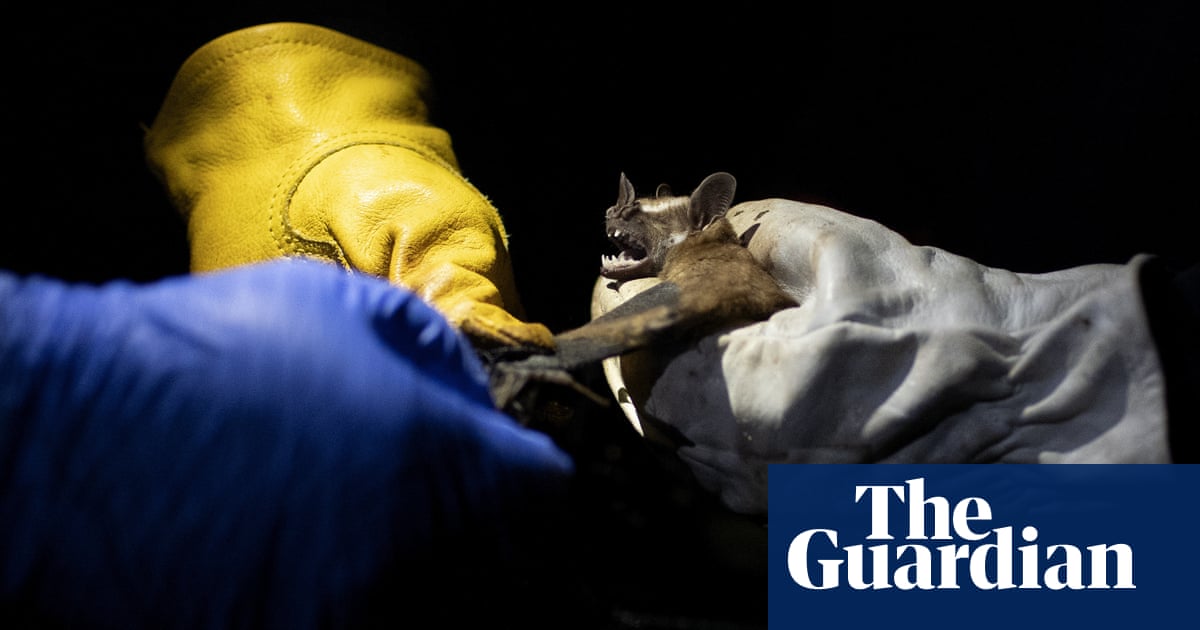Biodiversity loss is the biggest environmental driver of infectious disease outbreaks, making them more dangerous and widespread, a study has found.
New infectious diseases are on the rise and they often originate in wildlife. In meta-analysis published in the journal Nature, researchers found that of all the “global change drivers” that are destroying ecosystems, loss of species was the greatest in increasing the risk of outbreaks. Biodiversity loss was followed by climate change and introduction of non-native species.
“The take-home messages are that biodiversity loss, climate change and introduced species increase disease, whereas urbanisation decreases it,” said lead researcher Prof Jason Rohr from the University of Notre Dame in the US. Experts analysed nearly 1,000 studies of global environmental drivers of infectious disease, covering all continents except for Antarctica. They looked at both the severity and prevalence of disease in plant, animal and human hosts.



Well, isn’t that counterintuitive; if we make bats extinct, that means no more coronavirus, if we exterminate mosquitos, no more malaria, if we exterminate the Tsetse fly, no more spread of parasite, if you exterminate birds, no more bird flu. You don’t want rats or cockroaches living in your house, you kill them. I think they study is absurd. Urbanization reduces disease because there is less biodiversity. Just another study among many.